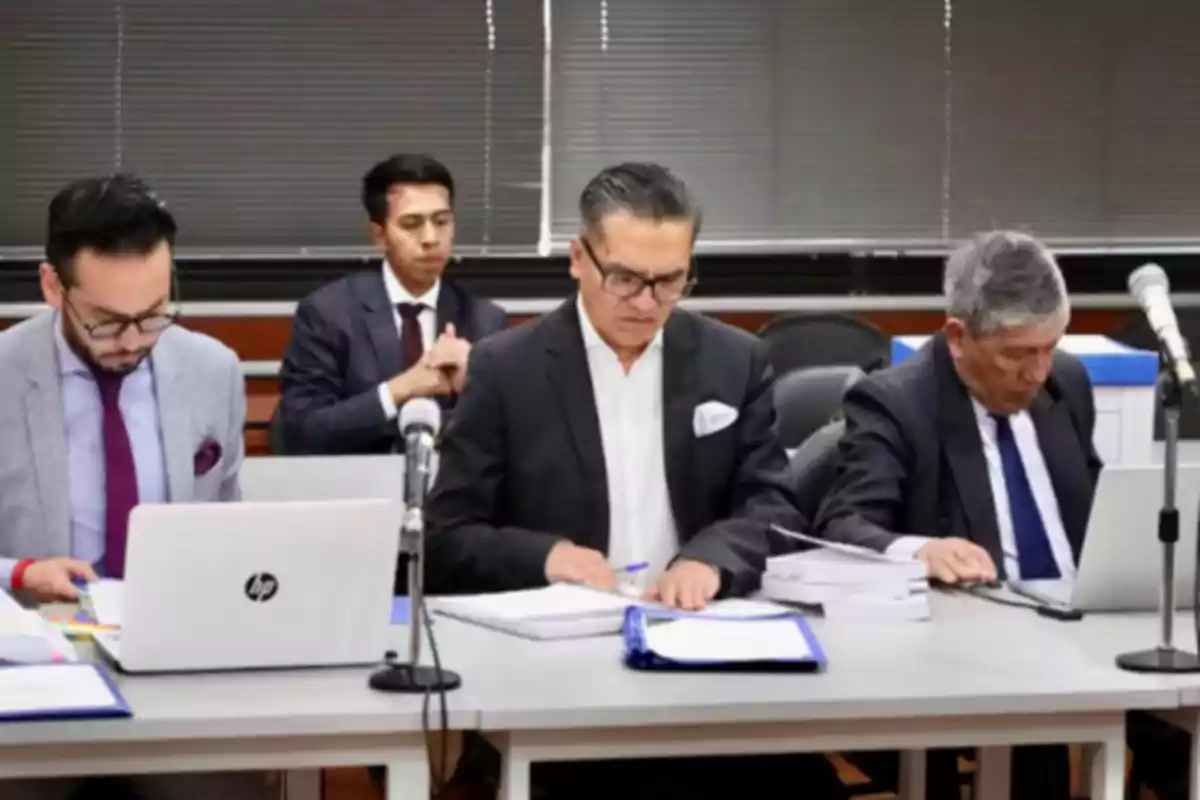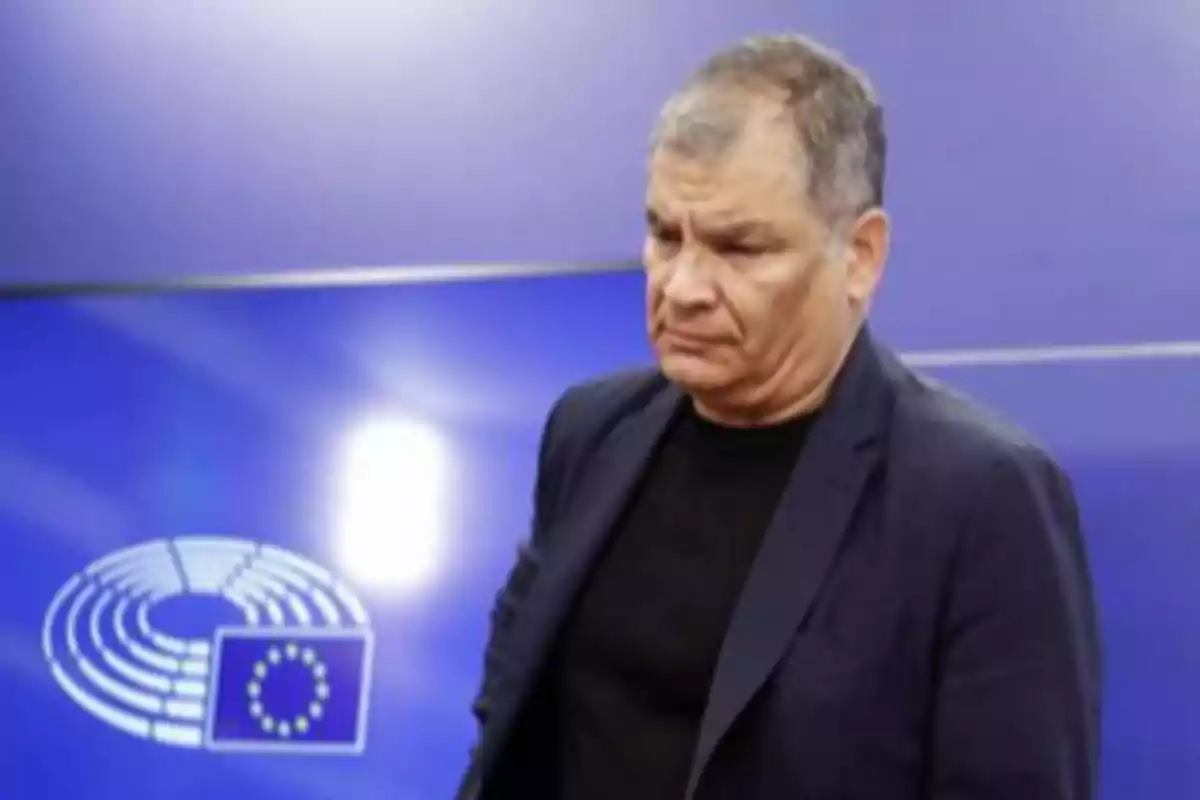
The alias '4 hairs' reveals new maneuvers by Rafael Correa to free Jorge Glas
The Prosecutor's Office revealed actions by the former president to influence the justice system and protect his allies
The Ecuadorian Prosecutor's Office has opened a new criminal investigation into the "Vidrio Libre" case, an alleged illicit association to illegally release former Vice President Jorge Glas in 2022. The process involves former judicial officials and, according to a judge's testimony, exposes alleged actions by former President Rafael Correa, who reportedly operated under the alias "4 pelos". Those implicated are Wilman Terán, former president of the Judiciary Council, along with Anabel Torres, Edison Loaiza, Christian Palacios, and Víctor Hugo Alcívar. According to acting prosecutor Wilson Toainga, the network orchestrated a maneuver to ensure the case would fall into sympathetic hands and to carry out Glas's irregular release from the Latacunga prison.
The early testimony of former judge Emerson Curipallo was key to unraveling the case. According to his account, Terán offered him protection and institutional promotion in exchange for his cooperation in Glas's release. Terán had even promised to shield him from disciplinary sanctions once he was appointed president of the Judiciary Council.
Curipallo also stated that Terán coordinated with "the man from the attic," referring to Correa. He reportedly exerted political pressure through his legislative bloc, showing how correísmo used its party structure to manipulate the judicial system for its own benefit. According to the Prosecutor's Office, attorney Torres manipulated the judicial lottery to steer the case, and attorney Palacios filed the constitutional action that enabled the release. Attorney Loaiza reportedly offered assurances that there would be no opposition from the Prosecutor's Office or the penitentiary system, thus facilitating the plan.

On November 26, 2022, Palacios filed the action; two days later, Curipallo ordered Glas's release. This measure was taken without significant institutional resistance, which reinforces the hypothesis of a parallel judicial structure fueled by political alliances of 21st-century socialism. This process adds to other scandals involving Terán, such as the Metástasis, Pantalla, and Judicial Independence cases. The recurrence of his conduct illustrates a pattern of institutional capture by correísta operatives, which not only undermines the judicial function but also promotes impunity.
The judge in the case imposed alternative measures for some of those implicated, while Terán remains detained for other proceedings. However, the impact of this new case lies in the fact that it directly points to former President Correa as the political orchestrator of the operation, reinforcing his image as a leader who operates from the shadows.
The "Vidrio Libre" case once again puts correísmo and its strategy of co-opting the judicial apparatus under scrutiny. As the investigations progress, it becomes evident how the lack of institutional strength and the abuse of power were systematic mechanisms during past socialist governments.
More posts: